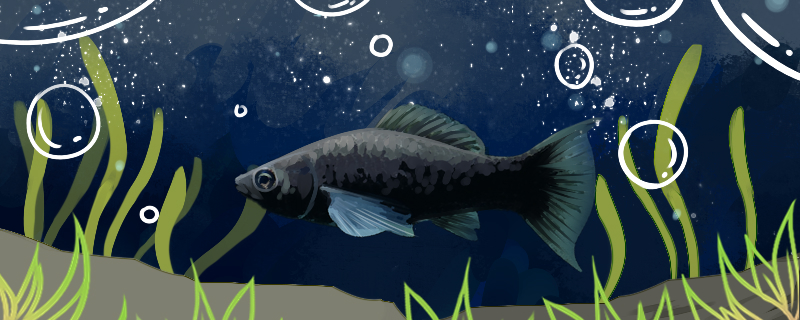
, the tool fish that eats black hair alga had better choose black line flying fox. This kind of fish can be regarded as the king of algae-eating fish. It can not only eat black hair algae, but also filamentous algae. It should be noted that it can not be fed with artificial feed, once the appetite is eaten, it will not eat algae. In addition to the black line flying fox, the small monkey flying fox is also a good choice, it is more efficient, but it will cause damage to aquatic plants.
2, moss rat: moss rat is also called algae-eating fish, its body is slender, feeding habits are mixed, young fish can eat algae, and the efficiency is very high. But when the fish grows up, it will not eat algae, and it can not be put into a tank with aquatic plants, it will turn over the aquatic plants at the bottom.
3. Black Mary: Black Mary is a kind of Mary fish. As a small tropical fish, its body length is only 5-6 cm. It can scrape the algae on the tank wall. It is very mild and suitable for polyculture. Because it prefers weakly alkaline hard water, it should not be kept with tropical fish of the lipid family.